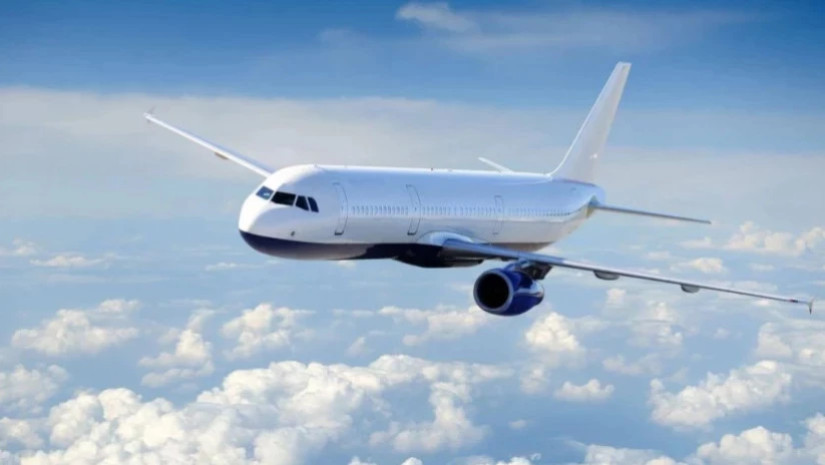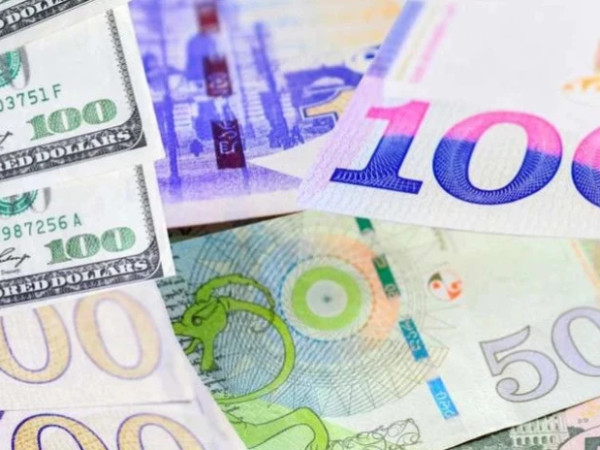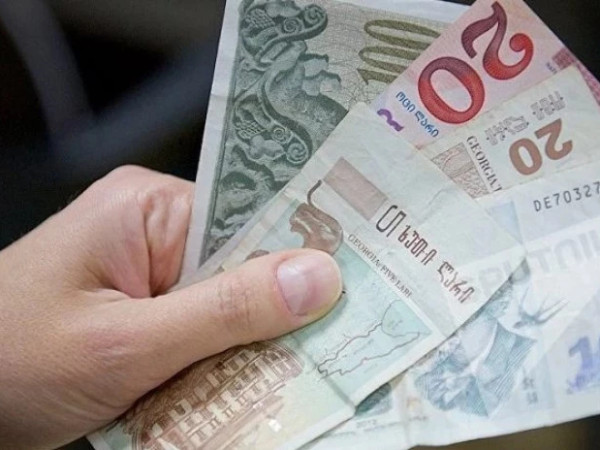Global airlines face more than $11 billion in extra costs from supply chain disruption this year, a leading industry group said on Monday, in a report likely to rekindle debate over competition in the $250-billion aerospace industry.
The study by the International Air Transport Association, produced with consultants Oliver Wyman, marks the first attempt to quantify the impact of a five-year supply chain crisis that has driven up fares and led to flight cancellations.
IATA Director General Willie Walsh said he was surprised by the extent of the findings and told Reuters there may be grounds to revisit whether airlines are being subjected to anti-competitive practices by suppliers, after dropping a previous complaint in 2018.
"Even if you halve the number, it's still a massive drag on the industry," Walsh said in an interview.
Researchers found the largest impact stems from $4.2 billion in extra fuel as airlines keep older planes in service.
Additional maintenance is expected to cost $3.1 billion, while leasing engines to replace those stuck in queues for maintenance adds another $2.6 billion.
Holding more spare parts to cushion delays is projected to cost airlines $1.4 billion.
Planemakers and their suppliers have waded through a mire of setbacks, from shortages of labour, materials and parts to mounting delays at repair shops, particularly for engines.
There is also a growing tug of war with the defence industry for capacity as governments increase military spending.
IATA has previously called for greater competition in maintenance, including improved access to independent parts known as PMA.


















